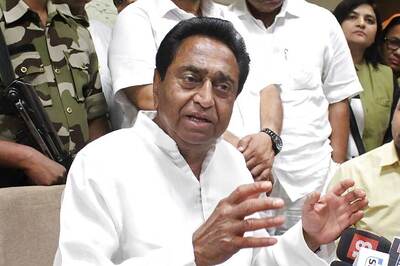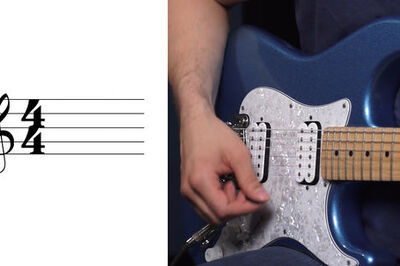
views
The Union Finance Minister Nirmala Sitaraman recently announced the introduction of the new tax regime in the Interim Budget session. As per the announcement, the fresh regime was slated to begin from April 1.
It has been introduced with altered tax slabs and concessional tax rates. The new tax regime applies to all taxpayers, including individuals, Hindu Undivided Families (HUFs), and Association of Persons (AOPs).
Meanwhile, many people are undergoing a dilemma about whether they will benefit by switching to the new tax regime or not. However, the new tax regime has its benefits and a set of tax deductions that can be opted by selecting it. These deductions will benefit the taxpayers by saving lakhs of rupees. Let us take a look at some of the such tax exemptions under the new tax regime.
As per the new regime, there is a provision for taxpayers who fall into the disabled category can take a separate exemption. If such taxpayers get any transport allowance, then they can claim income tax exemption on it. It applies to both private and government sector employees.
Apart from that, employees who have been transferred or sent on a tour at any company’s expense can claim income tax exemptions. Additionally, the allowances and facility charges provided by the company to its employees can be claimed by the taxpayer.
In the new tax regime, the income tax will not be charged on the amount of gratuity and leave encashment under Section 10 (10C) of Income Tax. Although the tax exemption on home loans was available in the old regime, now with Section 24, the exemption can be availed. However, there are some terms and conditions to it.
Apart from this, the new regime also brings a surprise deduction for the taxpayers which is on the gifts received in any one financial year. However, it requires a fixed amount which is up to Rs 50,000.
Another such exemption is for the taxpayers who earn through family pension. Under Section 57 of Income Tax, the amount of such family pension is out of the scope of the taxation even in the new regime.



















Comments
0 comment